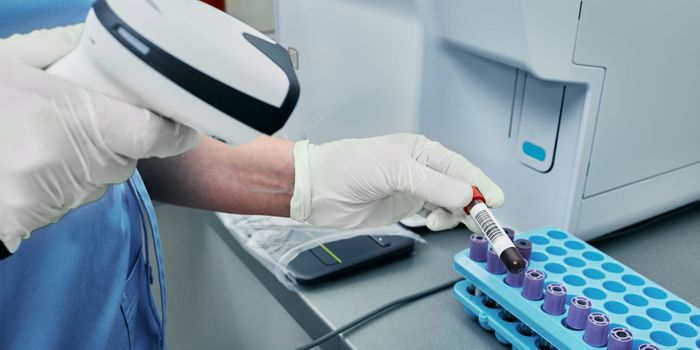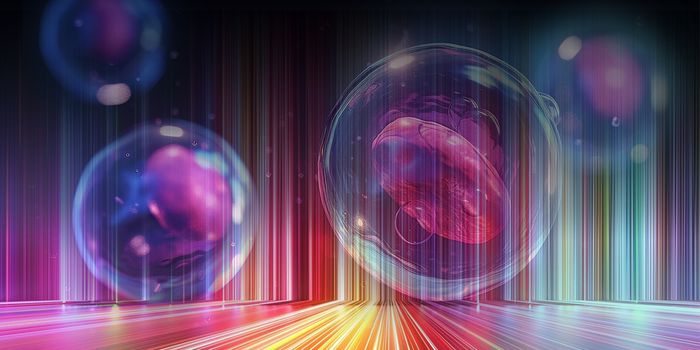Risks Posed by the Keto Diet
It seems there is no shortage of diet trends, although we’ve moved on from Atkins and South Beach and into the world of Paleo and keto or ketogenic diets. These diets have been used for medical reasons; they force our physiology to use a different metabolic pathway than the one it typically uses. But ketogenic diets also rely on fats to supply around 90 percent of the calories we need for the day instead of proteins and carbohydrates. This diet could carry serious health risks because of the metabolic changes it causes. Learn more from the video.
"The keto diet is primarily used to help reduce the frequency of epileptic seizures in children. While it also has been tried for weight loss, only short-term results have been studied, and the results have been mixed. We don't know if it works in the long term, nor whether it's safe," warned registered dietitian Kathy McManus, the director of the Department of Nutrition at Harvard-affiliated Brigham and Women's Hospital.
Our bodies normally get the energy we need by burning sugars that come from carbohydrates in foods like fruits, vegetables, grains, and legumes. In the ketogenic diet, the body is forced to rely on ketone bodies for energy, which come from fats stored in the liver. In order to do this, carbohydrate intake has to be reduced to almost nothing (less than 50 grams a day), and protein consumption can’t be too high.
Consuming that much fat isn’t easy, so those following the diet are encouraged to eat any kind of fat they can get, including lard and cocoa butter, which are both saturated fats. Although there is debate about whether or not those fats are inherently bad, it has been shown that reducing saturated fat intake is better for the heart.
The keto diet carries numerous possible risks. They include nutrient deficiency. "If you're not eating a wide variety of vegetables, fruits, and grains, you may be at risk for deficiencies in micronutrients, including selenium, magnesium, phosphorus, and vitamins B and C," McManus said.
The liver works harder as it's forced to metabolize fat because of the diet, so it may cause liver problems. The kidney also helps out with fat metabolism, and the keto diet could cause an overload, said McManus.
Because the diet is so low in fiber, constipation is a risk. It may also have an impact on the brain. “The brain needs sugar from healthy carbohydrates to function. Low-carb diets may cause confusion and irritability," explained McManus.
Sources: Harvard Health Publishing, Circulation








